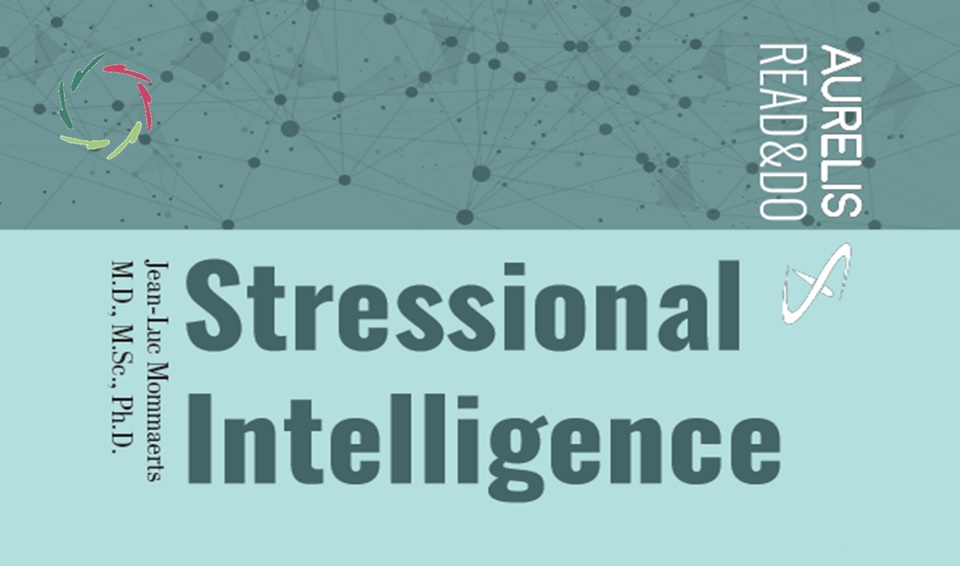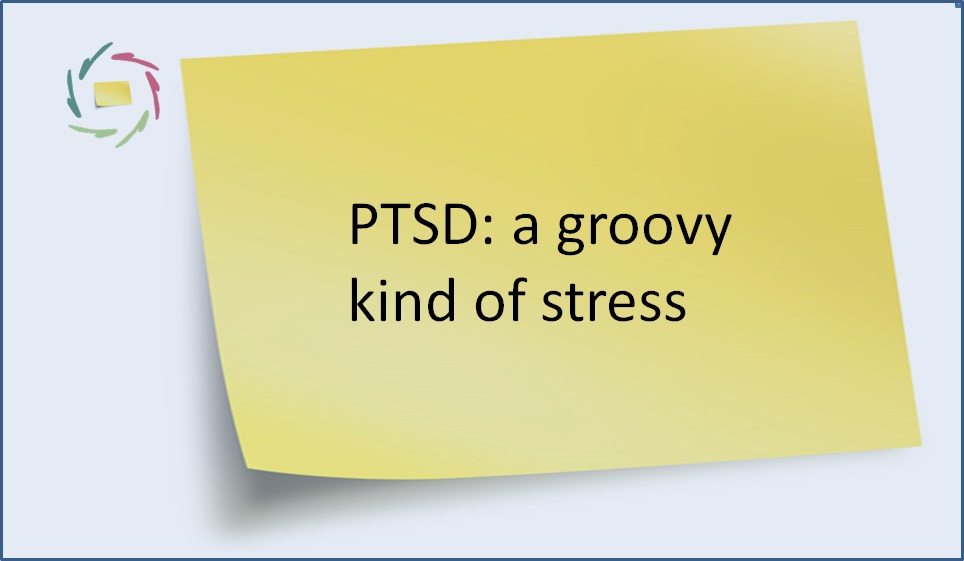Do People Seek Negative Stress?

May stress be a major goal of ‘running the rat race’ rather than the result?
According to statistics, almost everybody is ever more di-stressed,
including kids and elderly people. So, it’s quite logical to look for causes. But what if stress – whether positive or negative – is ultimately the goal? Causes become means… Then trying to diminish external causes only generates other means. For instance, any time-out will lead to another time-in that may make people even more stressed. In such case, a lot of resources towards stress reduction get wasted even while appearing well-spent.
But why would stress be the goal? Is it a kind of addiction?
People may feel stressed through not feeling stressed. Does that sound weird? First and foremost, people want and even need to do meaningful things. When they have the impression not to be busy striving towards anything deeply meaningful, they get anxious. Say: stressed. They need deeply meaningful things in order to be deeply meaningful themselves.
This links stress to (a lack of) meaning.
So, might it be that in present-day culture, deep meaning is hard to find? Everything gets filled with stuff. Also leisure time gets filled with stuff. But in most cases, it’s quick-gain stuff, superficial, easily marketable, quickly grabbing attention. Internet. Social media… Need I say more? Through all this, there is a constant screaming for attention from many sides. This seldom leads towards experiences of deeper meaning.
It’s a vicious circle. At a lack of something deeper, a superficial surrogate may be used in an attempt to fill the void. This is the blueprint of any addiction. The superficial surrogate – the racing of the rat – does not alleviate the real frustration that lies deeper. Quite the contrary. So, more and more superficial stuff and stress becomes the goal.
Stress, even negative stress, is the direct result of our quest for deeper meaning.
OK: a bit of stress feels like motivation.
But things may get into a turmoil. When time and time again, deeper meaning is not attained and a superficial surrogate is put in place, we are in trouble. Stress grows out of proportion. It may have started positive, but becomes quite negative. The solution, appearing as cause, becomes part of the problem itself. However, this all again clearly shows that:
The real problem is not first and foremost a stress problem
as it is a problem of deep meaning. Human being is not made specifically in order to be very rational – also as in ‘rationalizing the workflow’. Thus, rationality itself may diminish any direct access to meaningfulness. People crave for it and at the same time they fear it because it’s unknown. Join to this a load of stress in order to forget it…
If this problem does not get solved, Western society – worldwide – may see that present-day stress – and burnout – is only at a beginning stage.


